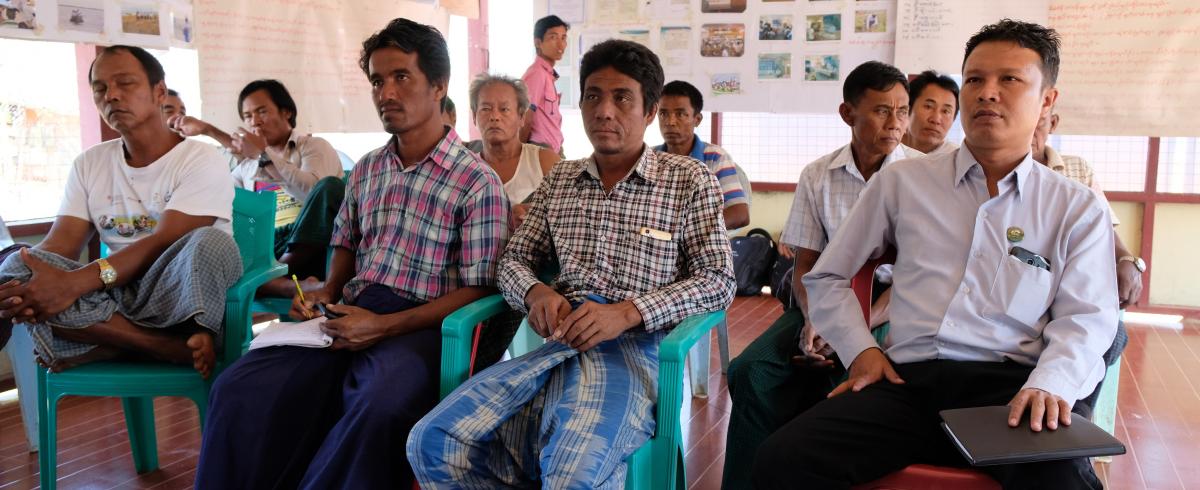Big Fish Initiative
Short films produced as part of the Big Fish Initiative, a campaign by WECAFC SAWG focused on the protection of fish spawning aggregations (FSA) and the sustainable management of the species that aggregate to spawn in the Wider Caribbean.

